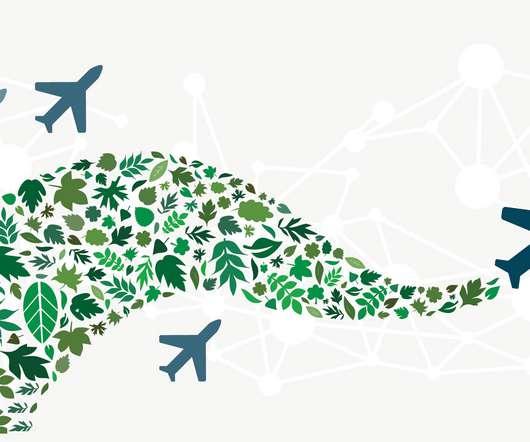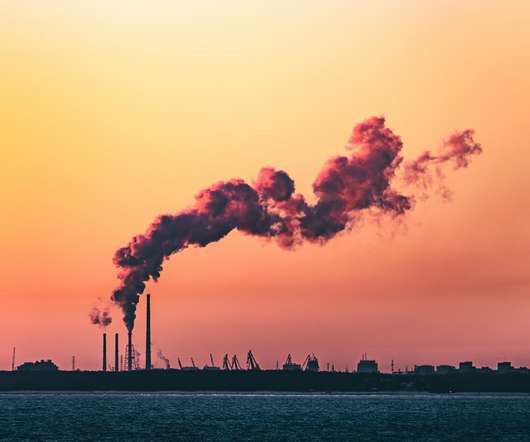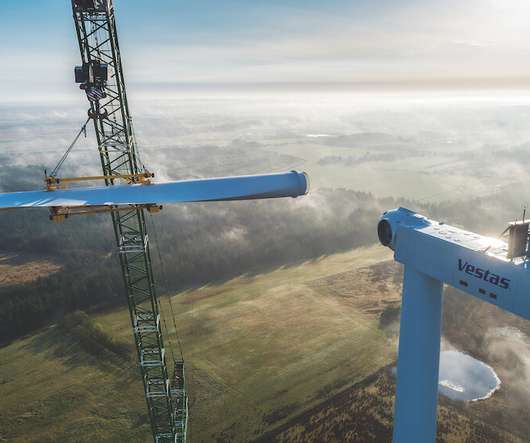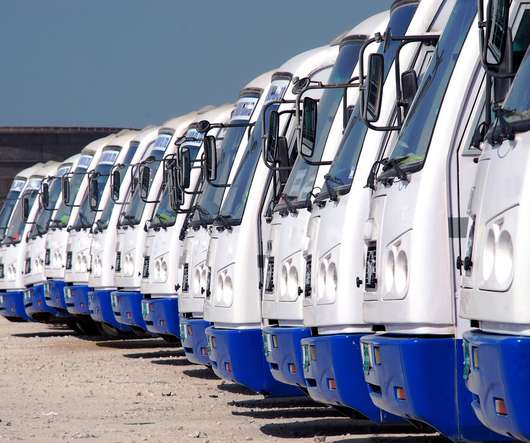Amazon to buy bio jet fuel to lower air cargo emissions
GreenBiz
JULY 8, 2020
Amazon's plans to decarbonize its shipping supply chain isn't just focused on electrifying its delivery vans. The companies said the jet fuel will be made from agricultural waste fats and oils (such as used cooking oil and inedible fats from beef processing). A drop in the fuel tank. Pull Quote. Transportation & Mobility.












Let's personalize your content